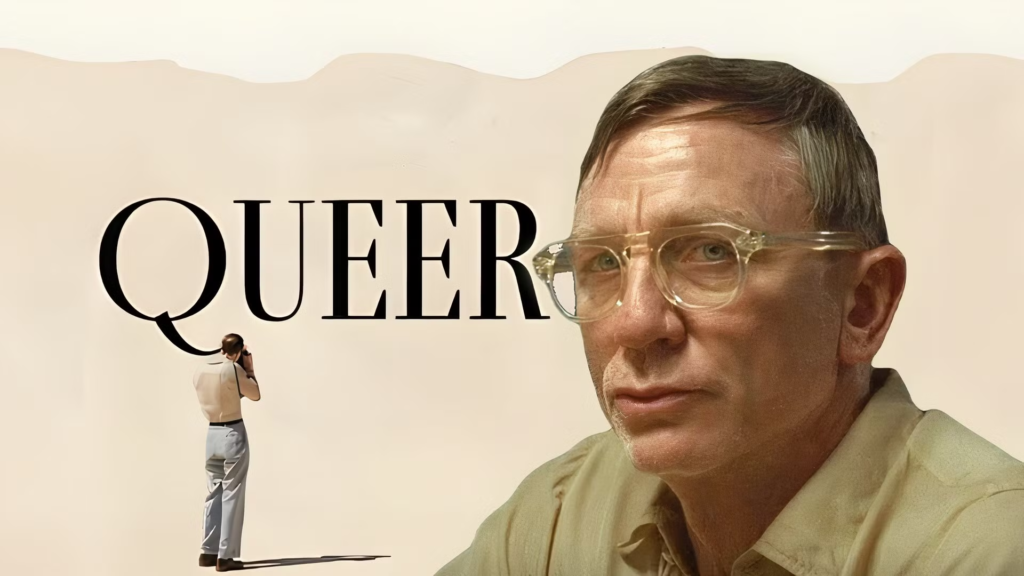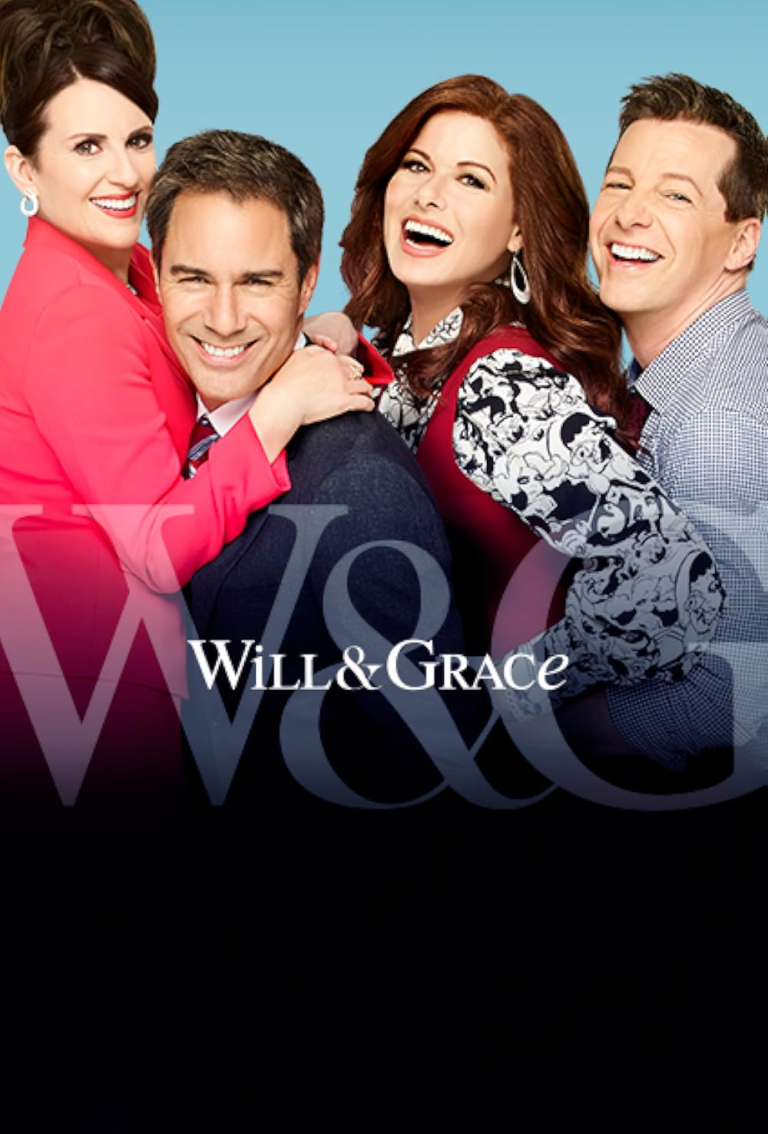Queer Christian Review

To describe Luca Guadagnino’s Queer as merely a film feels reductive—it’s more like a provocation in cinematic form. Adapted from William S. Burroughs’ slippery, enigmatic novella, the movie defies convention at every turn. It wants to be both a visceral experience and an intellectual exercise, challenging viewers to grapple with themes of isolation, desire, and disillusionment. For Christians, engaging with this film is a delicate balancing act, requiring discernment, empathy, and a willingness to confront uncomfortable truths.
The Burden of Solitude
Let’s start with the heart of it all: loneliness. At its core, Queer is a story about Lee, a man stranded in the desolate wilderness of his own mind. Craig’s portrayal of this character is nothing short of haunting, capturing the quiet agony of a life lived on the edges of connection. There’s a deep sadness in Lee’s gaze, a yearning that feels almost universal.
And isn’t that the crux of it? Loneliness is one of those deeply human experiences we all encounter, whether we care to admit it or not. For Christians, this resonates with the truth of our design: we were created for community. God Himself said, “It is not good for man to be alone” (Genesis 2:18), a declaration that echoes through every strained relationship and every empty room. Lee’s solitude is oppressive, suffocating, and painfully relatable.
Yet, what makes his story especially poignant is the way his longing propels him into unhealthy patterns of grasping for connection. How often do we see this in ourselves? That endless search for something—someone—to fill the void, only to discover that what we’re chasing is as elusive as smoke.
Artful Provocation or Empty Provocation?
Guadagnino, of course, doesn’t shy away from making his audience uncomfortable. Queer revels in its explicitness, whether it’s through its depiction of desire or its refusal to sugarcoat the messiness of human relationships. For many Christians, this will be the sticking point: the film’s content is provocative, perhaps unnecessarily so, and not easily reconciled with a biblical worldview.
But here’s where things get interesting. Beneath the prickly surface, there’s a profound beauty to Guadagnino’s storytelling. His films have a way of drawing you in, immersing you in their world until you can’t look away. The visuals in Queer are lush, evocative, and achingly precise. Every shot feels deliberate, every detail carefully considered.
As a viewer, you’re left to wrestle with a paradox: the beauty of the film’s craft versus the brokenness of its subject matter. It’s a tension that’s both frustrating and fascinating, forcing you to confront the complexity of art itself.
Desire and Disappointment
If loneliness is the film’s heart, then desire is its driving force. Lee’s pursuit of love is relentless, desperate, and, ultimately, devastating. Guadagnino captures this dynamic with a brutal honesty that’s hard to watch but impossible to ignore.
Here’s where the Christian perspective offers a unique lens. The love Lee longs for is imperfect, fleeting, and often destructive—a stark reminder that human relationships, no matter how meaningful, will never fully satisfy. This isn’t to diminish the value of love and connection, but to highlight their limitations. As believers, we recognize that our deepest longings point us beyond the earthly to the eternal.
In Queer, salvation seems tantalizingly close yet always out of reach. Lee’s relationships offer glimpses of joy, but they’re ultimately marked by pain and disappointment. It’s a cycle that mirrors the human condition: our endless search for meaning in things that cannot provide it.
The Role of Empathy
Watching Queer as a Christian means engaging with the film’s characters—not just as fictional creations, but as reflections of real people. Craig’s performance invites empathy, drawing you into Lee’s world and forcing you to see the humanity behind his flaws.
Empathy, of course, doesn’t mean condoning everything the film depicts. There’s a difference between understanding someone’s pain and endorsing their choices. As Christians, we’re called to walk this fine line, extending grace without compromising truth.
In a culture that often views faith as rigid or judgmental, Queer provides an opportunity to demonstrate the opposite. By approaching the film with an open heart and a discerning mind, we can engage in meaningful conversations about love, loneliness, and the ways we seek connection.
The Absence of Hope
Perhaps the most striking aspect of Queer is its lack of hope. The film captures the ache of human longing with devastating accuracy, but it doesn’t offer a way forward. Relationships crumble, desires go unmet, and Lee is left to grapple with a reality that feels overwhelmingly bleak.
For Christians, this absence is jarring. Our faith is built on the promise of hope—a hope that transcends circumstances and offers redemption even in the darkest of moments. Watching Queer, you can’t help but feel the weight of its hopelessness, a stark contrast to the light of the Gospel.
But perhaps this is where the film’s greatest value lies. In its emptiness, Queer serves as a reminder of what’s missing in a life apart from God. It’s a sobering reflection of a world searching for answers in all the wrong places, a world in desperate need of the love and grace only Christ can provide.
The Art of Wrestling
Engaging with Queer as a Christian isn’t easy. It’s a film that demands wrestling—with its content, its themes, and even with our own reactions. But isn’t that what art is supposed to do?
Too often, we approach art with a checklist: Is it “safe”? Does it align with our values? While discernment is important, we risk missing the bigger picture if we reduce art to a set of criteria. Queer challenges us to think deeply, to feel deeply, and to grapple with the complexity of the human experience.
Conclusion
In the end, Queer is a film that resists easy categorization. It’s beautiful and unsettling, profound and frustrating. For Christians, it’s both a challenge and an opportunity—a chance to reflect on the brokenness of our world and the hope we have in Christ.
Would I recommend it? That depends. If you’re comfortable navigating its explicit content and complex themes, Queer offers a deeply thought-provoking experience. But if those elements are likely to be stumbling blocks, it may be best to approach with caution.
Final Rating: 6.5/10
Queer is a cinematic paradox: a film that’s both deeply flawed and undeniably powerful. While its artistry is impressive, its explicit content and lack of resolution make it a challenging watch. For those willing to engage with its complexities, it offers a poignant exploration of loneliness, longing, and the search for meaning—a search that ultimately points us to the hope we find in Christ.




